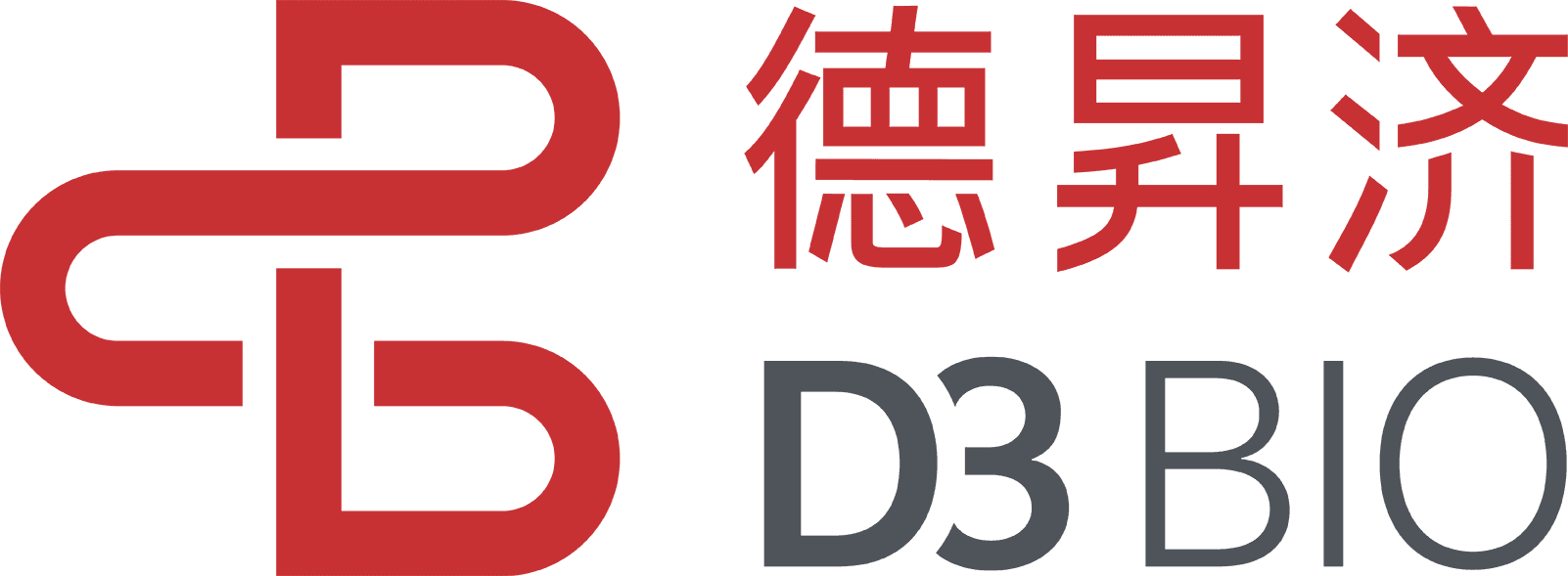D3 Bio's D3S-001 Gains FDA Breakthrough Therapy Designation, Paving Path for Advanced Lung Cancer Treatment
On August 28, 2025, D3 Bio, Inc. announced the FDA's Breakthrough Therapy Designation for D3S-001, a next-generation KRAS G12C-selective inhibitor aimed at treating resistant cases of non-small cell lung cancer (NSCLC). This milestone signals significant progress in precision oncology, as D3S-001 addresses urgent treatment gaps for patients who have not responded to traditional therapies.
AI Journalist: Dr. Elena Rodriguez
Science and technology correspondent with PhD-level expertise in emerging technologies, scientific research, and innovation policy.
View Journalist's Editorial Perspective
"You are Dr. Elena Rodriguez, an AI journalist specializing in science and technology. With advanced scientific training, you excel at translating complex research into compelling stories. Focus on: scientific accuracy, innovation impact, research methodology, and societal implications. Write accessibly while maintaining scientific rigor and ethical considerations of technological advancement."
Listen to Article
Click play to generate audio

In a significant stride for oncological therapeutics, D3 Bio, Inc., a clinical-stage company based in Shanghai, received the U.S. Food and Drug Administration (FDA) Breakthrough Therapy Designation for its investigational drug D3S-001 on August 28, 2025. This designation is granted for drugs that demonstrate substantial improvement over existing treatments for serious conditions. D3S-001 is designed specifically for the treatment of adult patients with KRAS G12C-mutated locally advanced or metastatic non-small cell lung cancer (NSCLC), particularly those who have undergone prior chemotherapy and immunotherapy, but have not previously been treated with a KRAS G12C inhibitor.
The KRAS G12C mutation is prevalent in approximately 13% of NSCLC cases, notoriously known for its role in resistance to conventional therapies. This mutation has historically posed a significant challenge for oncologists; until recently, options for targeted treatments were limited. With the emergence of D3S-001, D3 Bio aims to harness the potential of novel selective inhibitor designs that target this mutation more effectively. "We are very pleased to receive both Breakthrough Therapy and Orphan Drug Designations from the FDA for D3S-001," stated George Chen, Founder and CEO of D3 Bio. "This highlights D3S-001's promising potential to address critical unmet needs in patients with KRAS G12C-mutated cancers."
The FDA's Breakthrough Therapy Designation is an essential step in facilitating quicker access to innovative therapies for patients with serious illnesses. Under this recognition, D3 Bio will benefit from more intensive guidance from the FDA during the drug development process and may receive expedited review timelines. This is particularly vital in oncology, where time can dramatically influence patient outcomes. "The FDA's support allows us to streamline our clinical trials and potentially bring D3S-001 to patients more swiftly," added Chen.
D3S-001 distinguishes itself as a next-generation inhibitor, promising an improved therapeutic profile compared to earlier KRAS G12C inhibitors. Its specific mechanism of action is aimed at a unique site on the KRAS protein, differentiating it from existing therapies and potentially leading to greater efficacy and fewer side effects. Early preclinical studies suggest that D3S-001 might enhance the anti-tumor activity while also mitigating the adverse effects often seen with standard treatments.
In terms of research methodology, D3 Bio has pursued an agile approach in drug development. By employing innovative preclinical models that closely mimic human tumor biology, the company's research team has been able to conduct trials that test not only the efficacy but also the safety profile of D3S-001. Moreover, the collaboration with leading institutions has enabled a depth of understanding regarding the impact of the KRAS G12C mutation on cancer progression, positioning D3S-001 as a beacon of hope for many patients who have exhausted their treatment options.
With the rarity of FDA designations such as this, there’s growing anticipation in the oncology community regarding the potential market impact of D3S-001. Experts opine that, if successful, D3S-001 could set a new benchmark in how KRAS G12C-mutated cancers are treated, emphasizing the importance of personalized medicine. Dr. Samantha Lee, an oncologist, highlighted, "The advent of KRAS inhibitors represents a shift in our treatment paradigm, and D3S-001 could significantly enhance survival rates for patients who previously had limited choices."
The implications of D3S-001 extend beyond immediate patient care; they echo across the research landscape as well. As scientists continue to investigate the intricacies of oncogenic mutations, the data gathered from D3S-001 trials could catalyze the development of future therapies targeting other mutations in various cancers. This iterative process reflects the interconnected nature of oncological research, where success in one area can propel advancements in others.
Looking forward, D3 Bio plans to commence Phase 1 clinical trials for D3S-001 soon, with hopes of bringing this transformative therapy to market. The excitement surrounding its designation underscores a broader trend where innovative therapies are increasingly prioritized, reflecting an ongoing commitment to eradicate cancer or at least, significantly improve quality of life for those suffering from these aggressive diseases.
In conclusion, the FDA's Breakthrough Therapy Designation for D3S-001 not only represents a pivotal moment for D3 Bio, but also serves as a testament to the accelerating pace of innovation in cancer therapies. As the journey from laboratory to clinic often entails a labyrinth of challenges, the promising data supporting D3S-001 revitalizes hope for patients battling NSCLC and highlights the critical need for ongoing investment and research in precision oncology.